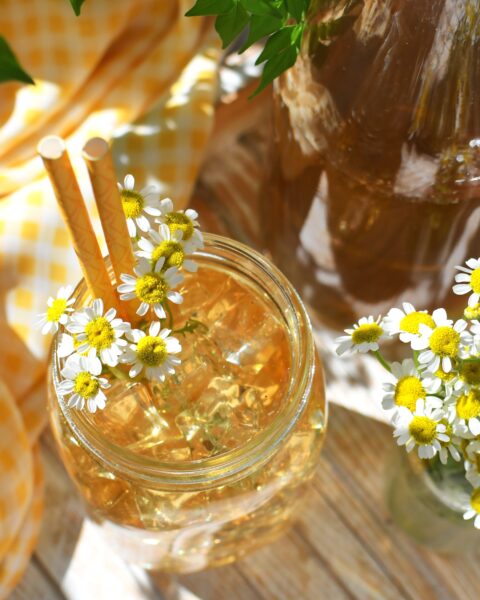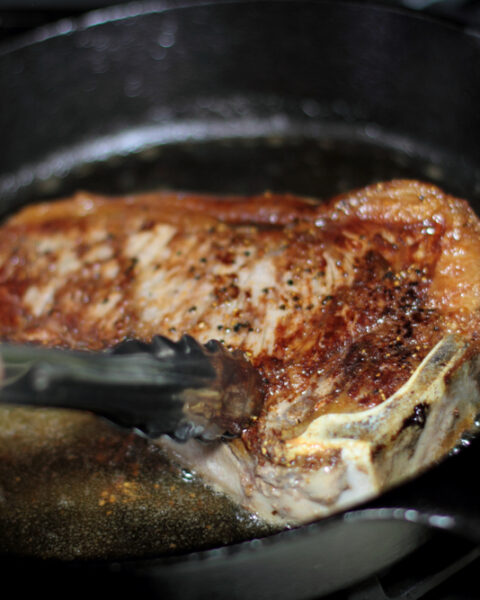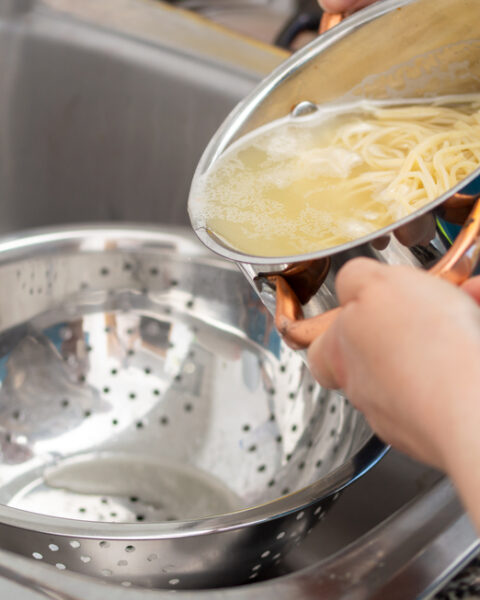Food isn’t just about taste and nourishment; it’s packed with stories, traditions, and sometimes, strange beliefs. Around the world, people have passed down quirky food-related superstitions for generations, shaping how we eat, serve, and even think about everyday meals. Some of these superstitions might seem bizarre, while others are deeply woven into cultural celebrations or daily habits. So, next time you’re about to sit down for a meal, keep in mind—you might be unknowingly participating in an age-old superstition!
Contents
- 1 Cutting Noodles Cuts Life Short (China)
- 2 Never Toast with Water (Greece)
- 3 Cracking Double-Yolk Eggs (Norse Mythology)
- 4 Spilling Salt Brings Bad Luck (Mesopotamia)
- 5 Placing Chopsticks Vertically in Rice (Japan & China)
- 6 Eggshells and Witches (Europe)
- 7 Eating 12 Grapes for New Year’s Luck (Spain)
- 8 Never Turn Bread Upside Down (Italy)
- 9 Dropping Tortillas Brings Visitors (Mexico)
- 10 Spilling Wine Brings Good Luck (Italy)
- 11 Bread Bubbles Foretell Death (England)
- 12 Throwing Rice at Weddings (Celtic Tradition)
- 13 Eating Garlic for Protection (Multiple Cultures)
- 14 Chewing Gum at Night Invokes Spirits (Turkey)
- 15 Breaking Pasta Brings Misfortune (Italy)
- 16 More From RetailShout
- 17 15 Intriguing Food History Facts You Won’t Be Able to Forget
- 18 17 Southern Snacks the Rest of the World Needs to Experience
Cutting Noodles Cuts Life Short (China)
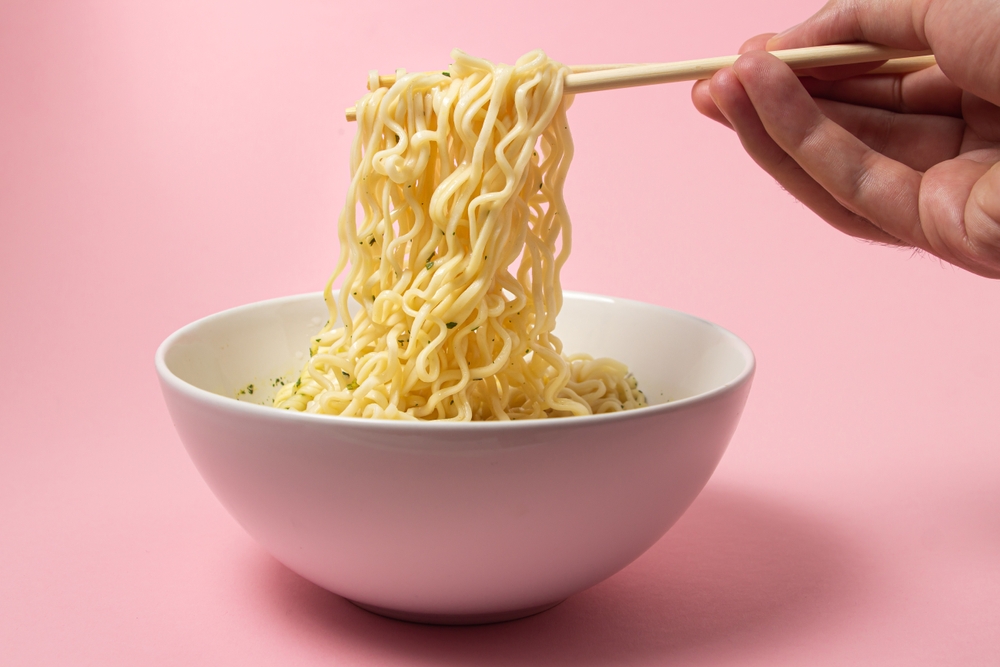
In Chinese culture, noodles represent longevity, especially during birthdays and important life events. Cutting noodles is believed to shorten one’s life, as the long strands symbolize the length of life itself. The superstition extends to celebratory occasions, where eating uncut noodles is essential for promoting good fortune. The philosophy behind it ties to Taoism, emphasizing the importance of life. This practice is particularly notable during Chinese New Year festivities.
Never Toast with Water (Greece)

Toasting with water is a major superstition across many cultures, including Greece. The Ancient Greeks believed that toasting with water invoked death, as the dead were said to drink from the River Lethe in the underworld. This tradition persists, and in modern cultures like the U.S. Navy, toasting with water is thought to bring ill fortune, particularly death by drowning. Toasting with wine, however, is seen as a good luck ritual.
Cracking Double-Yolk Eggs (Norse Mythology)
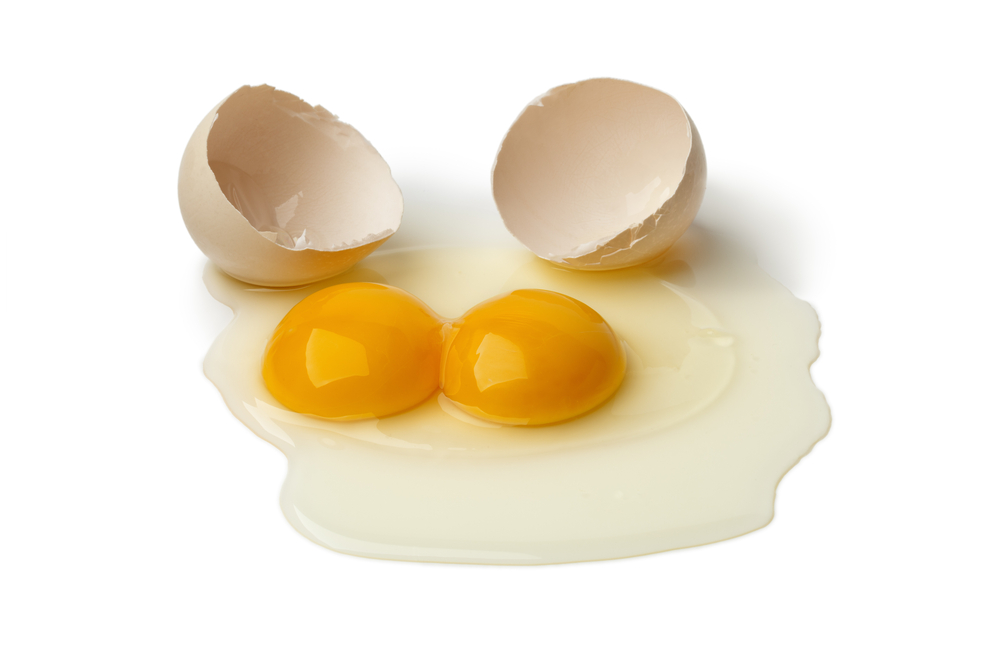
Finding a double-yolk egg is an extremely rare occurrence, and it comes with mixed superstitions. In some cultures, it’s considered a sign of good fortune, symbolizing fertility or an upcoming wedding. However, in Norse mythology, cracking open a double-yolk egg can be a bad omen, warning of death in the family. This superstition highlights the dual nature of omens in different cultural contexts.
Spilling Salt Brings Bad Luck (Mesopotamia)
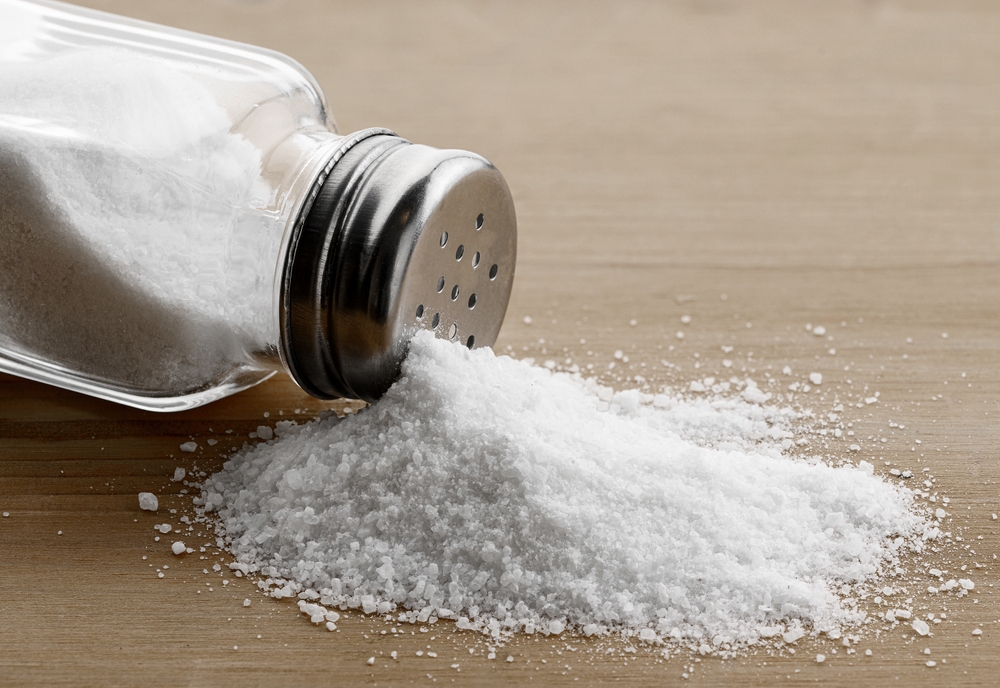
Spilling salt has long been considered bad luck, dating back to ancient Mesopotamia. This superstition became popularized in Europe, where it was believed that salt was a precious and sacred commodity. The bad luck could be counteracted by throwing a pinch of spilled salt over your left shoulder, blinding any lurking evil spirits. Some connect this to the image of Judas Iscariot knocking over a salt cellar in “The Last Supper”.
Placing Chopsticks Vertically in Rice (Japan & China)
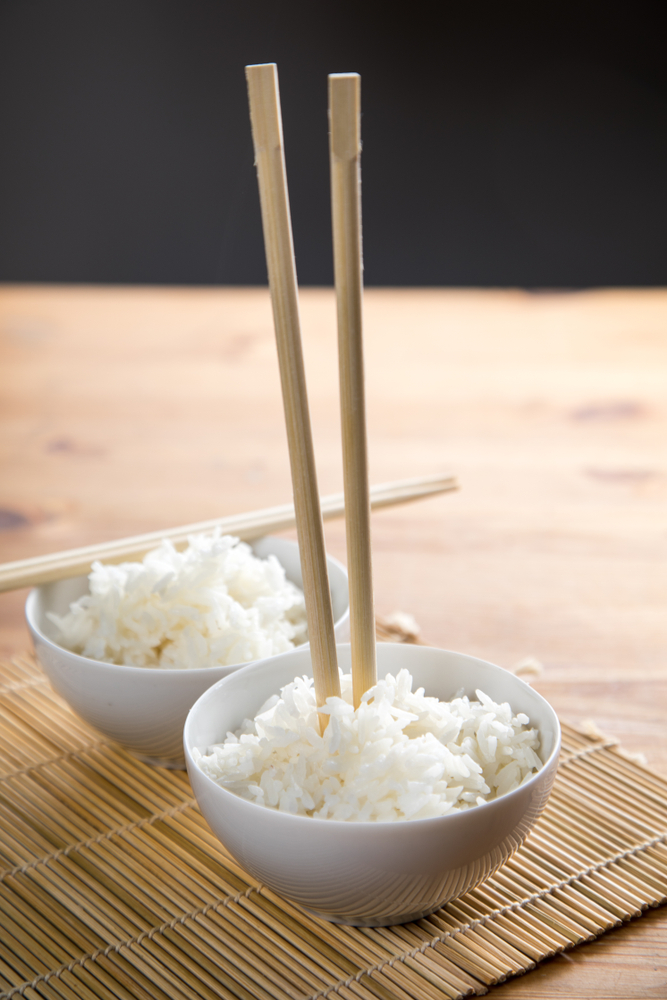
In both Japan and China, placing chopsticks vertically into a bowl of rice is a major taboo. This position resembles the way incense sticks are placed at funerals, making it a reminder of death. This simple act is avoided in everyday dining to steer clear of negative connotations, particularly in formal meals or family gatherings.
Eggshells and Witches (Europe)
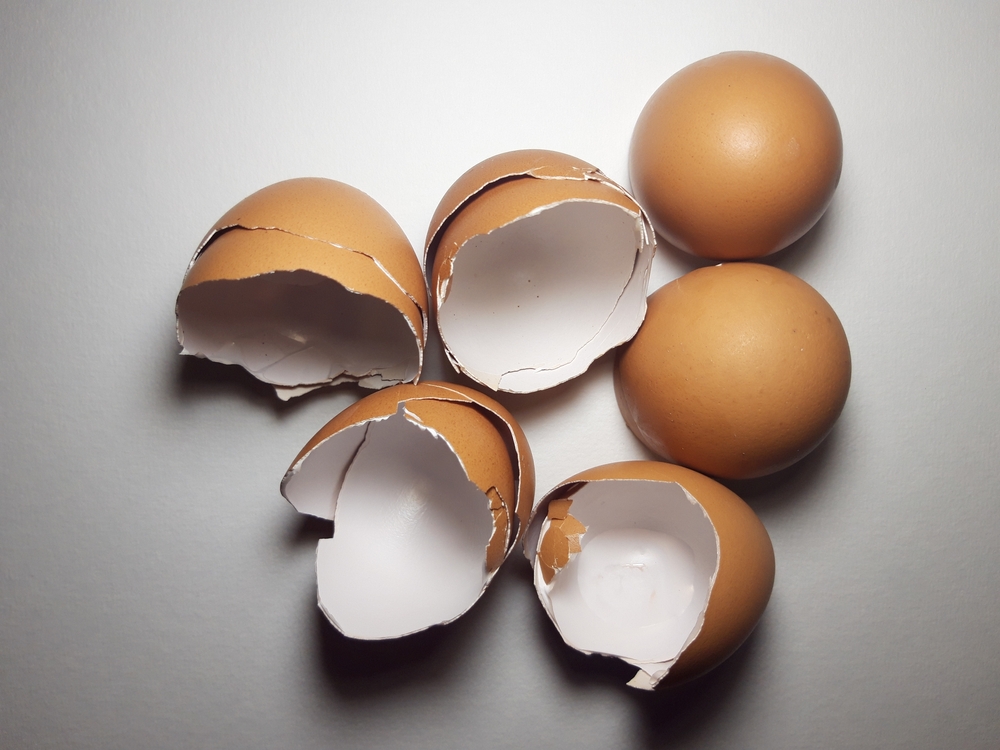
In medieval Europe, it was believed that witches used empty eggshells to sail across the seas. To avoid helping them, sailors and households would crush the shells after eating the eggs. This practice spread through Ireland and parts of Britain, where eggshells were also linked to other superstitions about protection against evil spirits.
Eating 12 Grapes for New Year’s Luck (Spain)
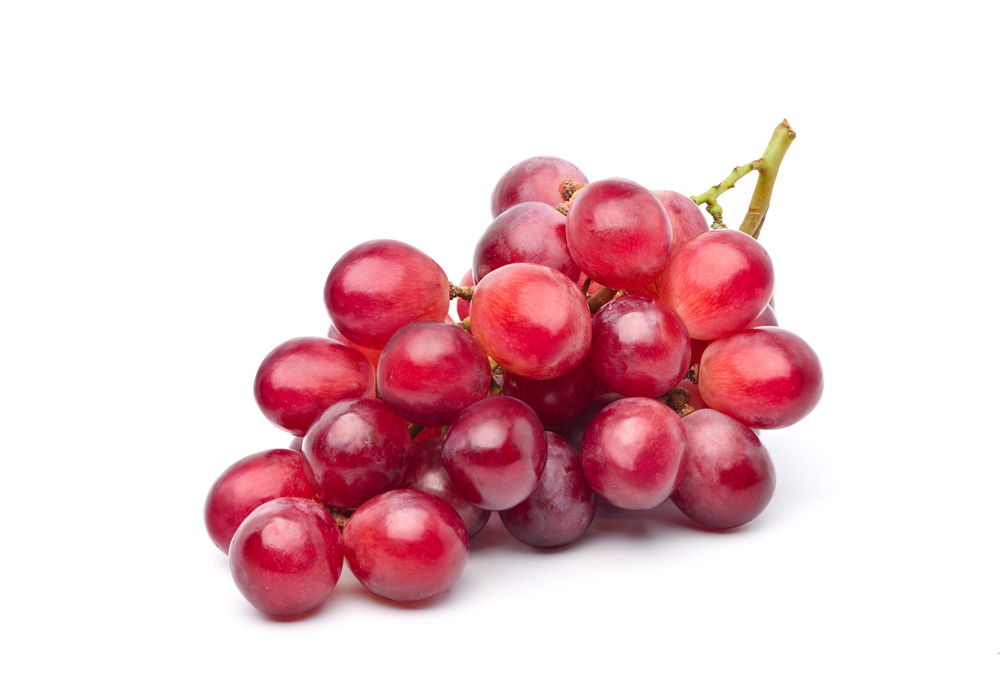
In Spain, it’s customary to eat 12 grapes at midnight on New Year’s Eve, with each grape representing good luck for each month of the upcoming year. Failing to eat all 12 grapes within the 12 strokes of midnight is said to bring bad luck. This tradition is thought to have originated in the early 20th century as a way to combat a grape surplus.
Never Turn Bread Upside Down (Italy)
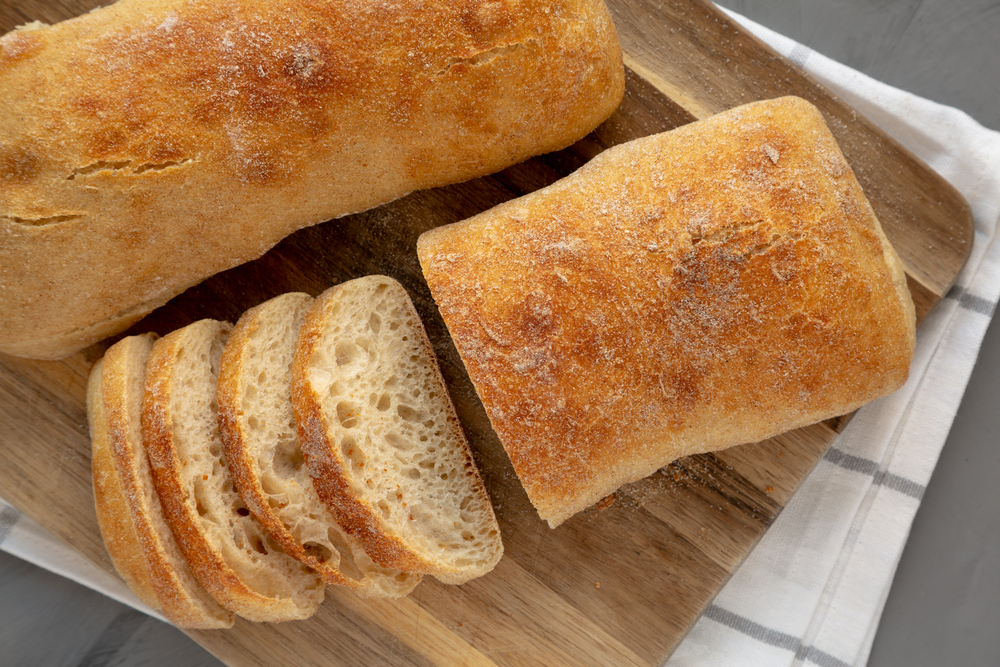
In Italy, placing a loaf of bread upside down on the table or counter is considered an omen of bad luck. This belief dates back to medieval times when executioners were given a loaf of bread, marked by being placed upside down. Today, flipping bread can invite negative energy or signal misfortune, particularly in family settings.
Dropping Tortillas Brings Visitors (Mexico)
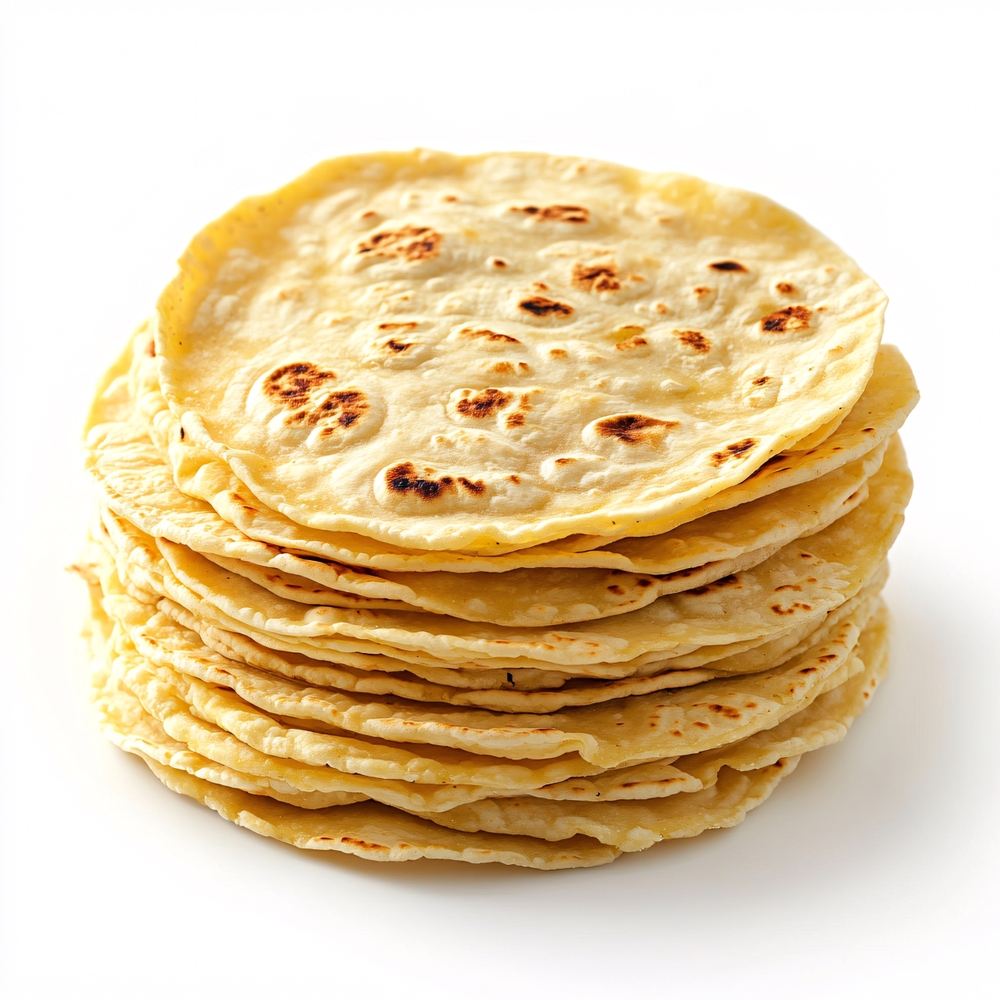
In Mexico, if you accidentally drop a tortilla on the ground, it is said that you will soon have unexpected guests. Some believe this superstition specifically refers to in-laws visiting, making the incident a humorous yet cautionary tale for dinner hosts.
Spilling Wine Brings Good Luck (Italy)

In contrast to spilling salt, spilling wine is believed to bring good luck in Italy. After knocking over a glass, it’s common to dab a bit of the spilled wine behind each ear to keep bad luck away. The belief likely stems from the symbolic value of wine as a sign of prosperity and abundance.
Bread Bubbles Foretell Death (England)
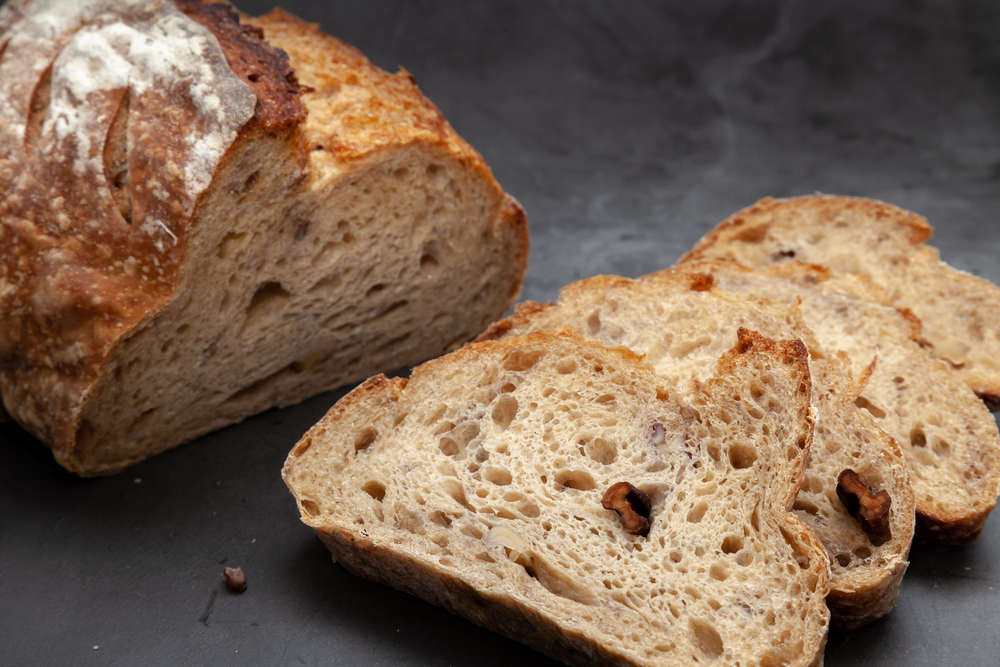
Finding a large hole in the middle of a loaf of bread after baking it is a bad omen in English folklore. This hole, or bubble, is thought to symbolize a coffin, signaling that someone close to you may soon die. Bakers would cut a cross on the top of loaves to ward off such superstitions.
Throwing Rice at Weddings (Celtic Tradition)
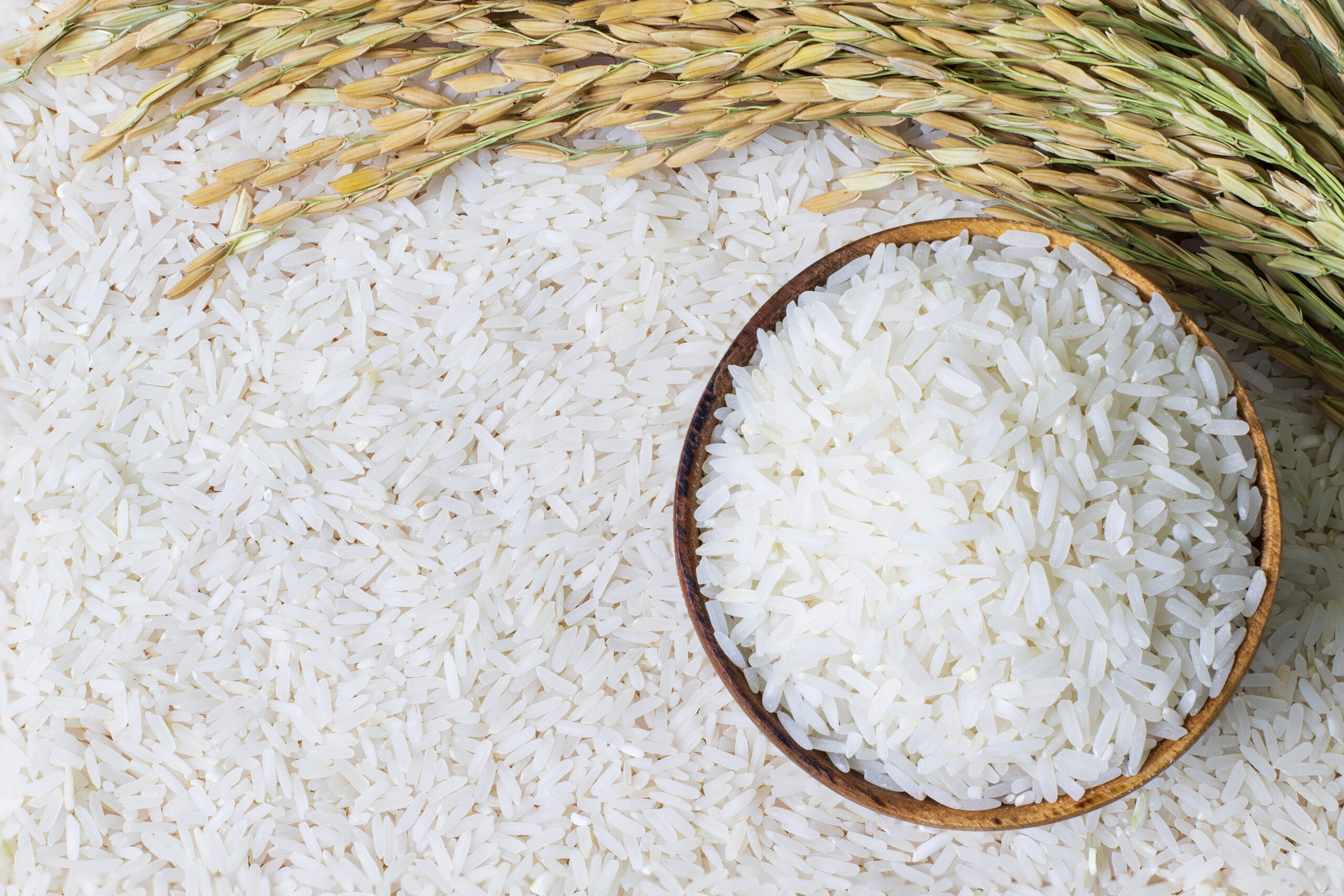
In Celtic tradition, rice is thrown at newlyweds as a blessing for fertility, prosperity, and good fortune. The practice has since spread globally and remains a common custom at weddings. Rice symbolizes fertility, abundance, and the wish for many offspring.
Eating Garlic for Protection (Multiple Cultures)
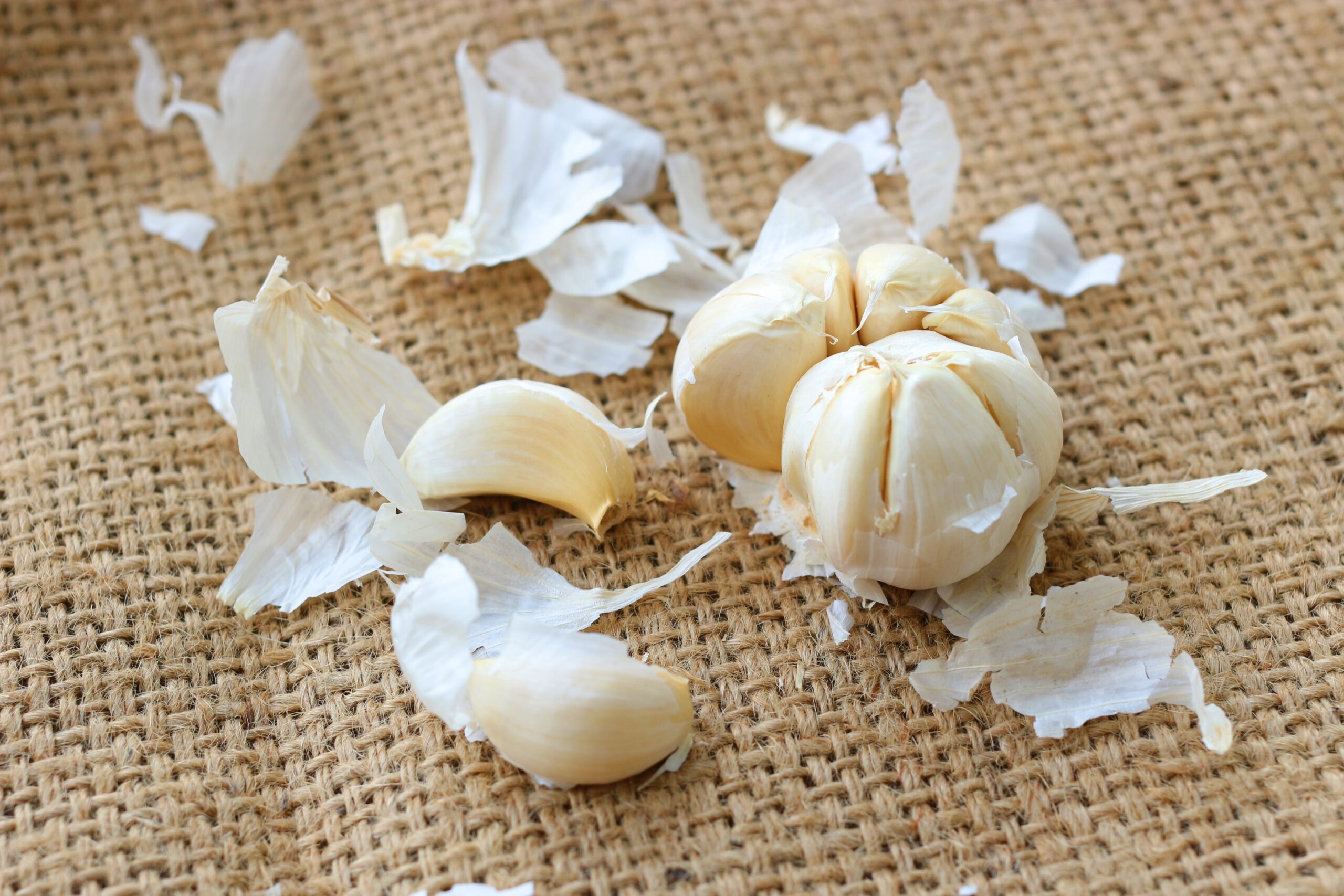
Garlic has long been considered a powerful protective food across many cultures. It is used to ward off evil spirits, vampires, and the evil eye. Eating a clove of garlic on an empty stomach is believed to bring good fortune, while hanging garlic in homes protects against bad luck.
Chewing Gum at Night Invokes Spirits (Turkey)

In Turkey, it is believed that chewing gum at night turns it into the flesh of the dead. This superstition is meant to discourage people from late-night snacking, adding a morbid twist to an otherwise innocent activity.
Breaking Pasta Brings Misfortune (Italy)
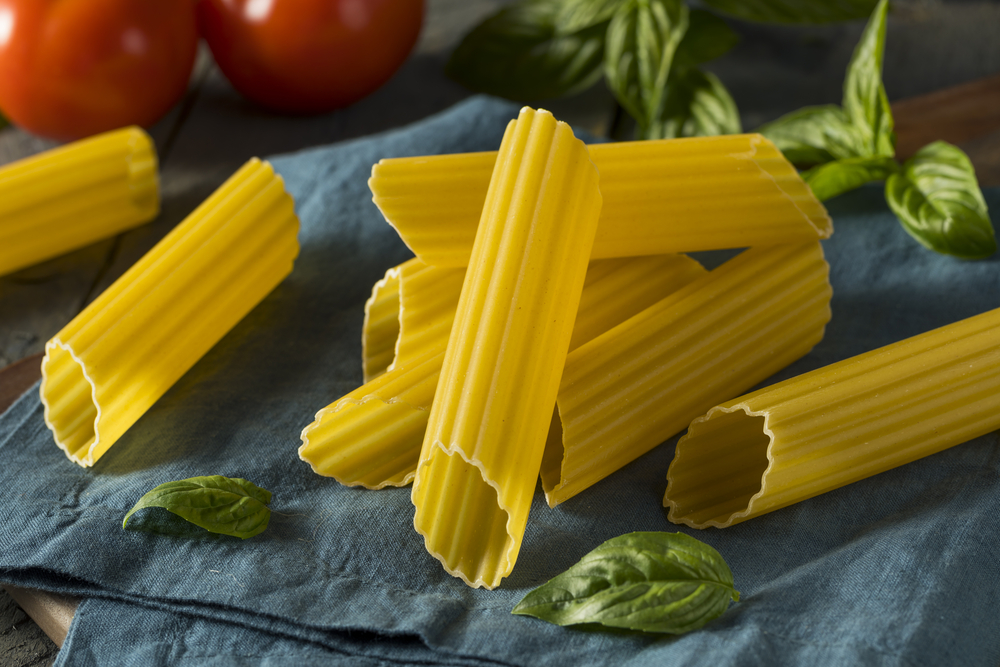
In Italy, breaking dry pasta before putting it into boiling water is considered bad luck. Similar to the noodle superstition in China, it is thought to bring misfortune as the long pasta strands represent a complete and fulfilling life.
This article originally appeared on RetailShout.
More From RetailShout
17 Aldi Dairy Products That Offer Great Value for Your Money

When it comes to dairy, Aldi doesn’t just milk your wallet dry, it’s the spot where quality and affordability shake hands. Whether you’re after creamy goodness or cheesy delights, Aldi’s dairy aisle is packed with hidden gems that won’t make you question your life choices at checkout. So make sure to take notes, because these picks are udderly worth it! Read More
15 Intriguing Food History Facts You Won’t Be Able to Forget
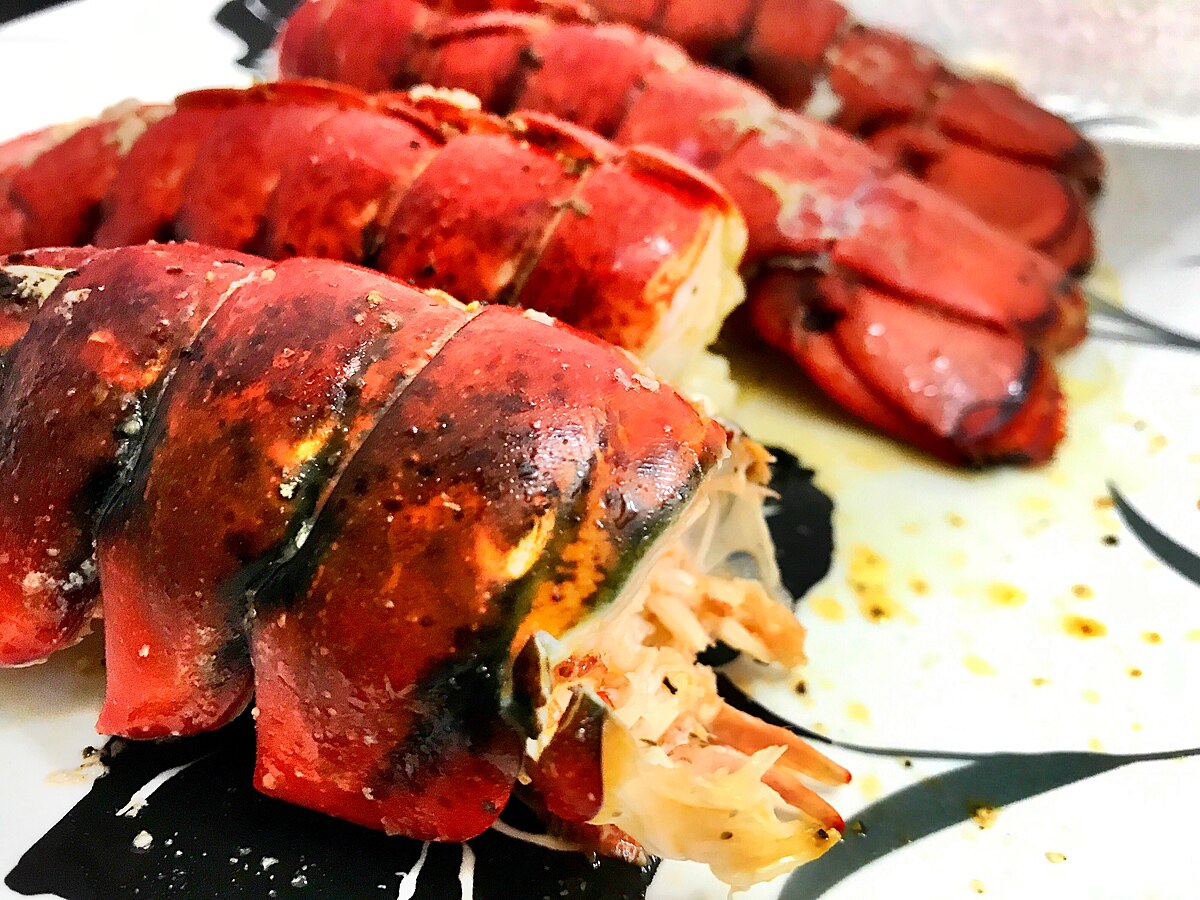
You won’ believe the food history facts coming your way trust me, they’re as wild as they sound. From jaw-dropping culinary twists to unbelievable historical quirks, they’re packed with surprises that might just make you question everything you thought you knew about your favorite dishes. Get ready for a tasty dose of history that’s as mind-blowing as it is fascinating! Read More.
17 Southern Snacks the Rest of the World Needs to Experience
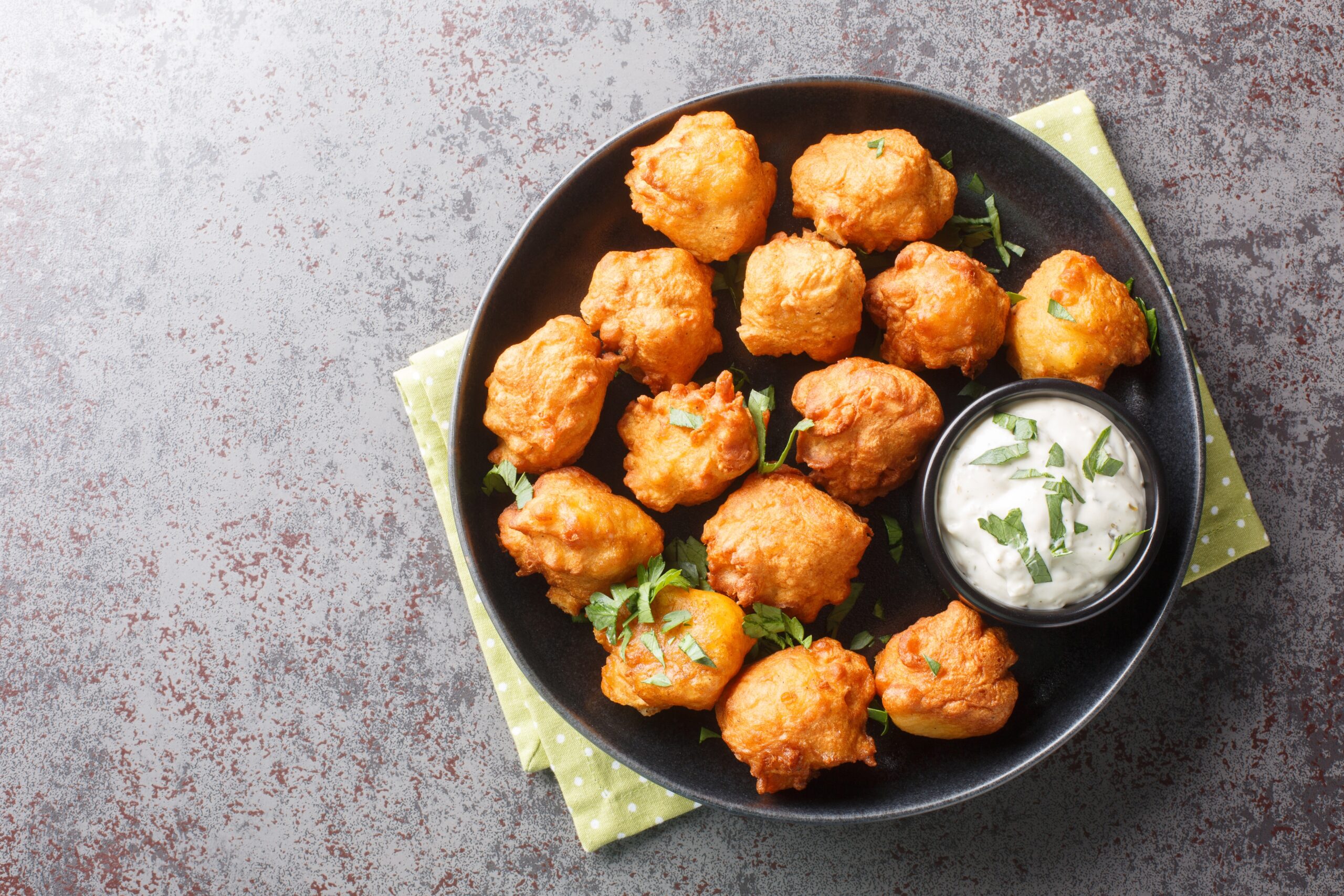
When it comes to comfort food, the American South knows best. Yet, many of their mouth-watering treats remain a well-kept secret outside the Southern states. It’s time the rest of the world discovered the unique and irresistible flavors that Southerners have been savoring for years. Read More.


